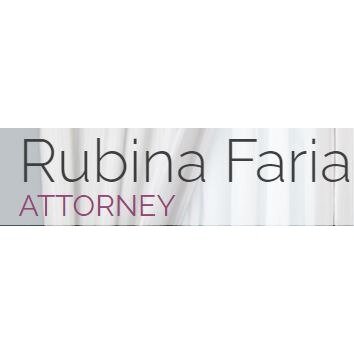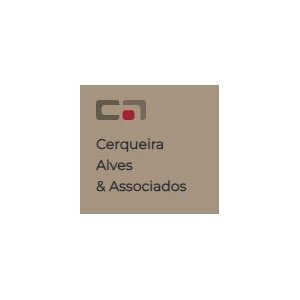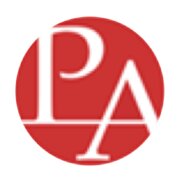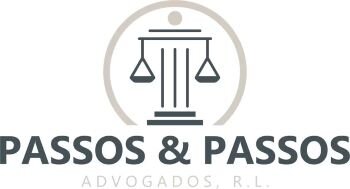Best International Trade Law Lawyers in Portugal
Share your needs with us, get contacted by law firms.
Free. Takes 2 min.
Or refine your search by selecting a city:
List of the best lawyers in Portugal
About International Trade Law in Portugal
International Trade Law in Portugal encompasses the complex framework of regulations and standards that govern trade and commerce between Portugal and other nations. It involves a range of disciplines including tariff laws, the movement of goods and services across borders, and the enforcement of international treaties and agreements. Portugal, as a member of the European Union, adheres to EU trade regulations, but also maintains its own national statutes and guidelines to regulate international trade activities. These laws aim to facilitate smooth trade operations while ensuring compliance with environmental, safety, and labor standards.
Why You May Need a Lawyer
Individuals and businesses may require legal assistance in International Trade Law for various reasons:
- Navigating the complexities of importing and exporting goods, including tariff classifications and customs procedures.
- Drafting and enforcing international sales contracts and resolving disputes that arise under such agreements.
- Ensuring compliance with international trade regulations and sanctions.
- Handling issues related to intellectual property rights in the context of international trade.
- Mitigating risks associated with cross-border investments and joint ventures.
- Securing advice on trade policies, anti-dumping measures, and countervailing duties.
Local Laws Overview
In Portugal, International Trade Law is influenced significantly by European Union regulations, as well as national legislation:
- European Union Customs Code: Sets forth the procedures for importing and exporting goods within the EU.
- Portuguese Commercial Code: Governs commercial transactions and includes provisions relevant to international trade.
- Import and Export Regulations: National laws outlining procedures for trading with non-EU countries.
- Consumer Protection Laws: These laws ensure that international trade activities do not violate consumer rights and safety standards.
- Regulatory Compliance: Firms must adhere to local compliance concerning environmental and safety standards.
- Intellectual Property Laws: Protect intellectual property rights in the context of international trade agreements.
Frequently Asked Questions
What documents are needed for importing goods into Portugal?
The primary documents include a commercial invoice, certificate of origin, packing list, and any necessary import licenses or permits.
How does EU membership affect Portugal's trade laws?
EU membership subjects Portugal to EU trade regulations and agreements, facilitating free trade among member states and aligning with EU-wide external trade policies.
What is the role of customs authorities in Portugal?
Portuguese customs authorities oversee the compliance with legislative requirements, assessment of duties, and enforcement of restrictions on goods entering and leaving the country.
Can trade barriers be challenged legally in Portugal?
Yes, businesses can challenge perceived unfair trade barriers through legal appeal mechanisms, both within Portugal's legal system and at the EU level.
Do I require a license for exporting goods from Portugal?
Export licenses can be required for certain goods, particularly those considered sensitive like technology or pharmaceuticals. The need for a license depends on the goods' nature and destination.
What are INCOTERMS and how do they apply in Portugal?
INCOTERMS are standardized international commercial terms that define the responsibilities of buyers and sellers in the shipping process, widely used in contracts across Portugal.
Is arbitration a recommended method for resolving international trade disputes?
Yes, arbitration is often used for its efficiency, confidentiality, and ability to enforce awards internationally under the New York Convention.
What are some common trade compliance issues in Portugal?
Common issues include misclassification of goods, undervaluation of imports, and non-compliance with international sanctions and export controls.
How are tariffs determined for imports into Portugal?
Tariffs are determined based on the EU Common External Tariff and depend on the classification and origin of the goods.
How do economic sanctions affect trade in Portugal?
Sanctions impact trade by restricting or prohibiting transactions with certain countries or entities, requiring businesses to perform due diligence to ensure compliance.
Additional Resources
For more insight or assistance, consider reaching out to:
- Portuguese Ministry of Economy and Maritime Affairs
- European Union Trade Helpdesk
- World Trade Organization (WTO)
- International Chamber of Commerce Portugal
- Portuguese Agency for Investment and Foreign Trade (AICEP)
Next Steps
If you need legal assistance in International Trade Law, consider the following steps:
- Research and identify experienced international trade lawyers or law firms in Portugal.
- Schedule consultations to discuss your specific trade issues and legal needs.
- Ensure the lawyer or law firm you choose has a track record of dealing with international trade cases similar to yours.
- Discuss fee structures and ensure clear communication regarding the scope of services provided.
With the right legal support, navigating the complexities of International Trade Law in Portugal can become a more manageable and less daunting task.
Lawzana helps you find the best lawyers and law firms in Portugal through a curated and pre-screened list of qualified legal professionals. Our platform offers rankings and detailed profiles of attorneys and law firms, allowing you to compare based on practice areas, including International Trade Law, experience, and client feedback.
Each profile includes a description of the firm's areas of practice, client reviews, team members and partners, year of establishment, spoken languages, office locations, contact information, social media presence, and any published articles or resources. Most firms on our platform speak English and are experienced in both local and international legal matters.
Get a quote from top-rated law firms in Portugal — quickly, securely, and without unnecessary hassle.
Disclaimer:
The information provided on this page is for general informational purposes only and does not constitute legal advice. While we strive to ensure the accuracy and relevance of the content, legal information may change over time, and interpretations of the law can vary. You should always consult with a qualified legal professional for advice specific to your situation.
We disclaim all liability for actions taken or not taken based on the content of this page. If you believe any information is incorrect or outdated, please contact us, and we will review and update it where appropriate.
Browse international trade law law firms by city in Portugal
Refine your search by selecting a city.
















